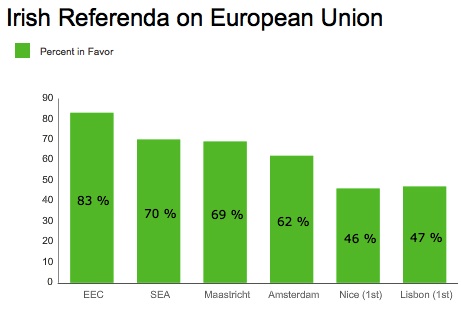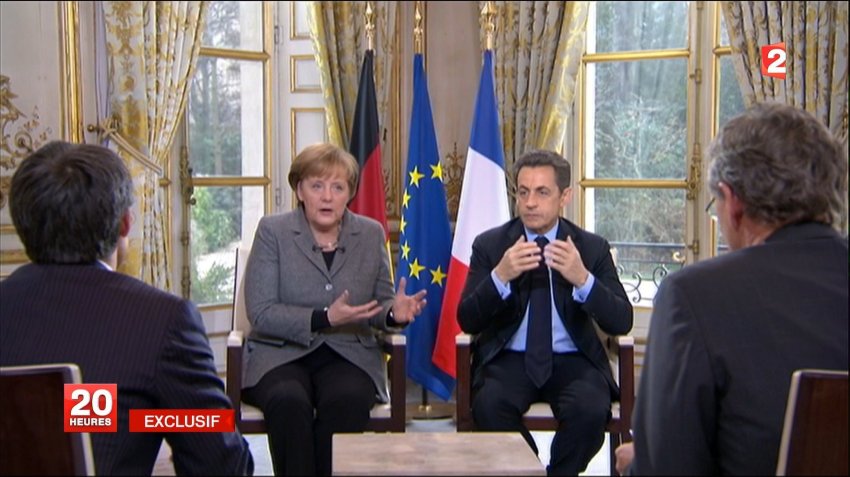It’s far away from the Baltic States, but another peripheral European country — this one in the Balkans — also held parliamentary elections on Sunday.![]()
Milo Đukanović, the leader of the ‘Coalition for a European Montenegro’ (Koalicija za Evropsku Crnu Goru) looks likely to extend his coalition’s 23-year rule over the country, extending from before the time that Montenegro voted in a referendum in 2006 for full independence from a political union with Serbia. Broadly speaking, the election will not be a significant turning point for the development of more mature democratic or governance institutions in Montenegro, but will nonetheless guarantee the country’s slow move toward fuller integration into the European Union.
The ‘European Montenegro’ coalition won around 45.4% of the vote, bringing it 39 seats in the 81-seat Skupština Crne Gore, Montenegro’s unicameral parliament. A conservative opposition ‘Democratic Front’ coalition, under the leadership of Miodrag Lekić, a former ambassador to Italy, won just 23.9% (20 seats). Although the governing coalition will be stripped of an absolute majority, it is expected to continue to govern with the support of regional legislators.
Đukanović himself is the leader of the largest party in the ‘European Montenegro’ coalition, the Democratic Party of Socialists (DPS, Demokratska Partija Socijalista Crne Gore), the successor what used to be the Montenegrin branch of the Yugoslav Communist Party. Đukanović has served as prime minister of Montenegro from 1991 to 1998, and again from 2003 to 2006 and 2008 to 2010. He served as Montenegro’s president from 1998 to 2002.
In that time, Đukanović has gone from a one-time ally of former Serbian president Slobodan Milošević to a full proponent of EU membership for Montenegro. Đukanović broke with Milošević in 1996, amid the aftermath of gruesome ethnic-based in the Balkans in the early 1990s and began to pursue independence for Montenegro, a small country of just 625,000 people that’s nudged on the Adriatic and borders Croatia, Bosnia and Herzegovina, Serbia, Kosovo and Albania.
Montenegro seems very likely to follow Croatia into the European Union (Croatia is set to acceed on July 1, 2013), and it is significantly further along in its own accession process than either Serbia or Bosnia and Herzegovina. Đukanović stepped down in December 2010 when the EU granted Montenegro official candidate status, and a new government headed by former finance minister Igor Lukšić was appointed.
Đukanović may well try to form a new government as prime minister again following Sunday’s result or he may try to run for president in 2013. In either even, he remains the leader of the DPS and, with or without government office, the key figure in Montenegrin politics. Continue reading Montenegro election results (that other Sunday election)





